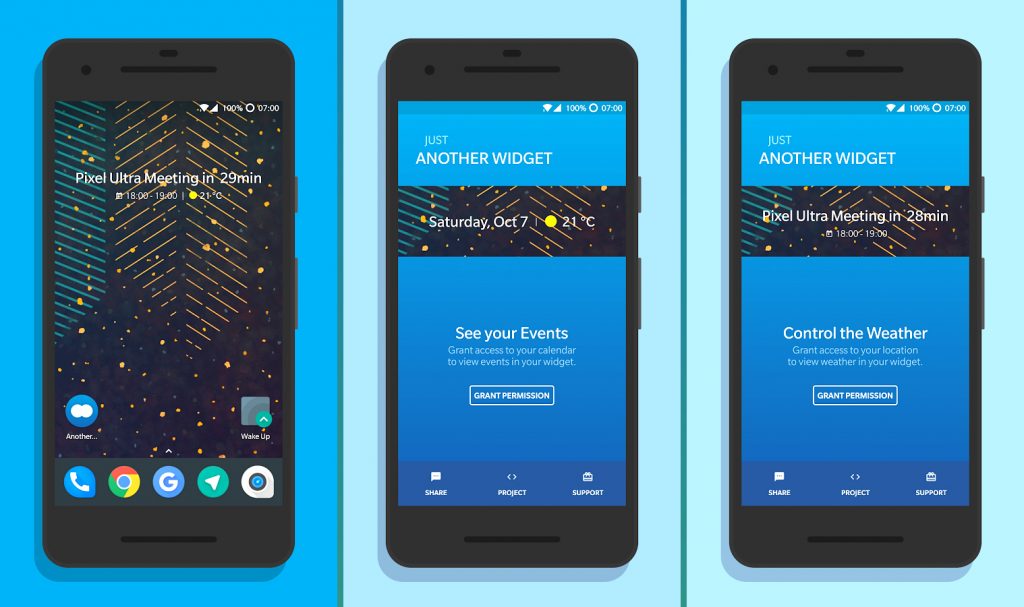
For most users who set up auto-updates when their phones are on wi-fi this is acceptable, but it doesn’t work for everyone. Nobody wants to exasperate their user by having him/her update the app every month or so. It attracts unnecessary negative attention to the app which could cause the user to simply uninstall it. Additionally, when you’re deciding whether to go native or hybrid with app development, you need to bear in mind that native application development has certain advantages which simply aren’t currently supported by the hybrid mode of development. The following graphic was designed to give you access to the most important native application benefits that are simply not (yet) fully optimized for a hybrid app development approach. On the surface, Cross Platform Hybrid app development sounds great. Single code base across multiple platforms. Don’t have to update each app in the app store to wait for approvals.
You can use your existing web talent and don’t need to bring on additional resources. Don’t need to do any API development since it’s all handled via the web. Who wouldn’t want you to use Hybrid, You know who wouldn’t want you to follow a hybrid app development approach, The customers using your app. They don’t know what a hybrid mobile app is, but they don’t like it. Facebook went from an HTML 5 Hybrid Web App to a Native application, and users rejoiced! Today, Mark Zuckerberg revealed that Facebook’s mobile strategy relied too much on HTML5, rather than native applications. Cross platform native or hybrid app development is certainly very popular these days. By creating one source code which fuels the app on the two dominant platforms (iOS and Android) a company saves time and money to get an app out the door. Additionally, depending on the complexity of the hybrid or native application, maintaining one source code is very appealing because new features are also easier to develop and deploy.
Conversely, bug fixes are platform agnostic and can be done and released easily to production. Lastly, hybrid apps are distributed through the app store like all other apps which means the user will not see any immediate difference between a hybrid and a native application. However, there are also specific limitations that need to be understood before choosing a hybrid over native application. As previously stated, the performance of the app and the user experience are distinctly superior with a native application. The same applies to specific native APIs that a hybrid app development approach may not allow for. So whereas choosing a hybrid over native application approach may save a company time and money in the short term, it is also likely to result in significant additional costs in the long run. Do you really need to build an app to work on both platforms right away, The biggest misconception that decision makers have is that their company’s app needs to be available on both Android and iOS immediately. Yes, there are advantages to hybrid app development in terms of being on both platforms, but do you REALLY need to be on both platforms RIGHT AWAY,
Let’s take Instagram for example. Instagram took two years to develop an Android version. “We are currently working on making the iPhone experience as solid as possible. If Instagram waited two years to undergo hybrid app development and release an Android app, I think you can, at a minimum, wait three. If you have less than four months to develop an app, and you want to test a limited private market on the viability of your app, then use Hybrid app development. If the test works, then move to a native application framework as soon as you can and show it to the world. If it doesn’t work, you’ve saved yourself time and money. If an executive pushes to do a web app for strong reasons, make sure they’re aware of the trade-offs. The bottom line of native vs. There are clear and distinct advantages and disadvantages for both hybrid and native application approaches, and that is why this discussion is still relevant. Speed to market, one source code, cross-compatible web technologies, easy updates, availability of resources, and lower (initial!) budget costs make hybrid app development very appealing. However, even with 4G network coverage most phones today are not at the point where a seamless hybrid app experience is actually possible. In the long run, the biggest detraction of hybrid app development is that a company will likely spend more time fixing and tweaking the app because of user complaints about UI elements or performance driven issues. Additionally, native applications have the added advantage of functions that are specific to the OS on which the app is built (e.g., camera, GPS, address book, etcetera). Furthermore, a native application approach offers the best in class security for a mobile application, the best performance, a highly responsive user interface, and access to all native APIs. In other words, the original investment may be higher but a company will save time and money in the long run while offering a great user experience and an industry standard app performance.
